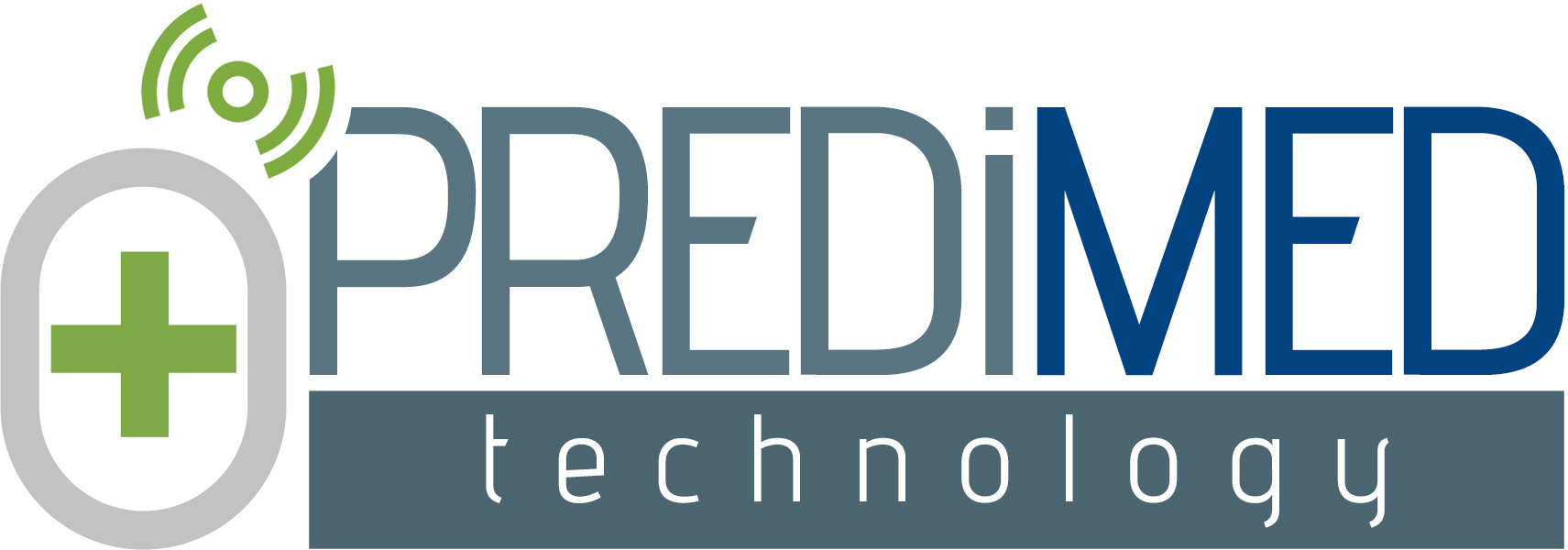Chronic diseases are one of the most difficult challenges to the beginning of the twentieth century. Monitoring patients with chronic diseases, especially in chronic heart failure or diabetes mellitus, using telemedicine systems is a potential means for optimizing the management of these patients, even in elderly patients. The e-care project is developing an “intelligent” communicative platform enabling the home monitoring of patients with heart failure, using non-invasive sensors, with additional contextual information and patients’ profile. As a result, this platform will assist health care professionals by providing an automated processing of these sensors’ transmitted data in order to detect and report signs of cardiac decompensation early or wrong adherence to therapy.
La télémédecine est susceptible d’apporter une aide à la prise en charge des patients souffrant d’insuffisance cardiaque et d’éviter des urgences vitales. Dans ce cadre, nous avons expérimenté dans une unité de médecine interne une e-plateforme E-care dédiée à la détection automatisée et intelligente des situations à risque de décompensation cardiaque.
Introduction: Monitoring patients with heart failure by telemedicine systems is a potential means susceptible to optimize the management of these patients and avoid life-threatening emergencies. In this context, we experimented in internal medicine unit an e-platform E-care dedicated to automated, intelligent detection of situations at risk of heart failure. Methods: The E-care platform based on medical sensors (blood pressure, heart rate, O2, weight), communicating (Bluetooth), to go up, in real time, to an intelligent physiological information and an analysis of the ontology medical, leading ultimately to the generation of alerts. After a development phase (proof of concept), the E-care platform has been [...]
Monitoring patients with heart failure by using telemedicine systems is a potential means for optimizing the management of these patients. The E-care project is developing an "intelligent" communicative platform enabling the home monitoring of patients with New York Heart Association (NYHA) Stage III heart failure using non-invasive sensors. As a result, this platform will assist health care professionals by providing an automated processing of these sensors' transmitted data in order to detect and report signs of cardiac decompensation early.
Chronic diseases are one of the most difficult challenges to the beginning of the twentieth century. Monitoring patients with chronic diseases, especially in chronic heart failure or diabetes mellitus, using telemedicine systems is a potential means for optimizing the management of these patients, even in elderly patients. The e-care project is developing an “intelligent” communicative platform enabling the home monitoring of patients with heart failure, using non-invasive sensors, with additional contextual information and patients’ profile.
Monitoring patients with heart failure, atrial fibrillation and under anticoagulant agent by using telemedicine systems is a potential means for optimizing the management of these patients. The HOCAS project is developing an “intelligent” communicative platform enabling the home monitoring of patients with heart failure, arrhythmias and anticoagulation drugs using non-invasive sensors, electronic pillbox to promote therapy adherence, a questionnaire to monitor patients’ hygiene and diet, a questionnaire to monitor patients’ therapy adherence together with additional contextual information and patients’ profile.
Monitoring patients with heart failure by using telemedicine systems is a potential means for optimizing the management of these patients and to facilitate the job of health care professionals. We report the experience of the deployment of such a monitoring platform, through the E-care project.
La e-Santé, dont la télémédecine, est en plein essor. Il ne se passe par un congrès ou une réunion scientifique, on ne peut presque plus ouvrir un magazine sans que cette dernière ne vienne au cœur des discussions, surtout quand on évoque les contours de la médecine de demain et/ou qu’on évoque les progrès médicaux à venir. Les attentes semblent immenses, au moins du côté des patients, des communicants, des politiques et de certains professionnels de santé.
Les résultats préliminaires suite au déploiement du système E-care en milieu hospitalier semblent montrer la pertinence des choix technologiques, des outils et des solutions développées et adoptées. Ce système de télémédecine permet de façon automatique, non intrusive, de générer des alertes en rapport avec la détection de situations à risque de décompensation cardiaque, étant in fine susceptible de prévenir le recours à l’hospitalisation.
Les 15 & 16 décembre 2014, présentation des projets e-santé financés par le programme Investissements d’avenir dans le cadre des 2 premiers appels à projets e-santé (2012, 2013).


